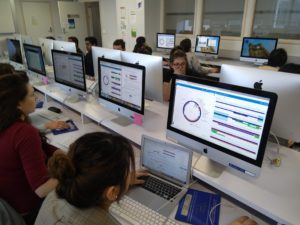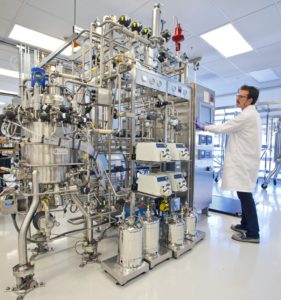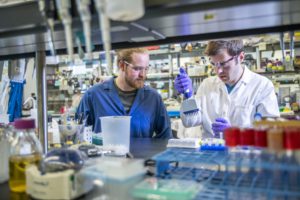
Teaching Synthetic Biology to Tomorrow’s Scientists
Each semester, Heazlewood gives his students access to TeselaGen’s cloud-based software and sets up simulated workflows for them to play around with over the course of a 3-4 hour workshop.

Each semester, Heazlewood gives his students access to TeselaGen’s cloud-based software and sets up simulated workflows for them to play around with over the course of a 3-4 hour workshop.

We caught up with Phycus co-founder and CEO Vik Pandit, Ph.D., to learn more about the company, its first foray into cosmetics, its partnership with TeselaGen and its role in the circular economy.

Here at Teselagen I work developing code that helps biologists design, build and optimize biological products. Our platform has evolved from a single repository to many smaller focused repositories, both private and public. We use JavaScript across the stack and React JS + webpack to power our user interfaces.

We at TeselaGen are great fans of fermentation. Today, most people in the biotech industry associate fermentation with pharmaceuticals; yeast has been used to develop insulin, HPV vaccine and increasingly antibodies to fight cancer. What many people may not realize is that fermentation is fundamental to innovations in industrial biotechnology – from clean biofuels to eco-friendly cosmetics and green detergents, from bio-based tires to sustainable foam for furniture.

Did you know that biotech companies spend north of $1 billion dollars to get a single drug to market? You probably did. Because if you’re here, you’ve likely already experienced how difficult it can be – and how long it can take – to move a brilliant idea from the back of a napkin and onto the shelf, be it a biotech drug, a green detergent or a pest-resistant crop. You know the challenges of sharing your data, and the frustrations of time-consuming manual workflows and error-prone experiments.